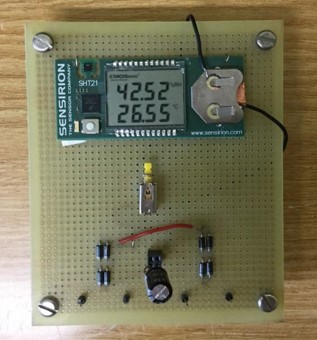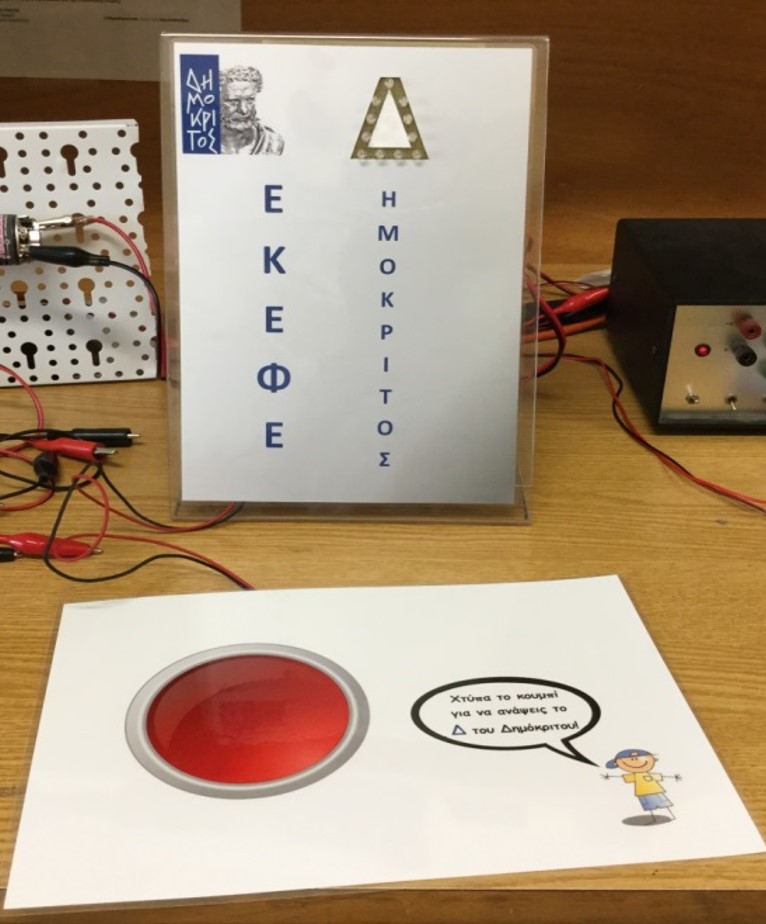Energy storage and autonomous systems
2.a Solid-state micro-capacitors
Fully autonomous sensor systems are essential for the realization of the Internet of Things (IoT). In this context, the large number of sensors necessary makes battery replacement non-practical. So, sensor systems that include an energy harvester as a power source and an integrated energy storage system for the management of that harvested energy are attracting significant attention. Solid-state integrated micro-capacitors are potential candidates for that energy storage. They combine the advantages of integrability, low cost and stability of operation, which offset their main disadvantage, their low capacitance density. We focus on the development of Metal-Insulator-Metal (MIM) and Metal-Insulator-Semiconductor (MIS) capacitors with increased capacitance density for the realization of these devices. 3D nanostructuring is used to increase the effective surface area, in combination with the use of high-k dielectrics in order to achieve the capacitance density necessary for these devices.
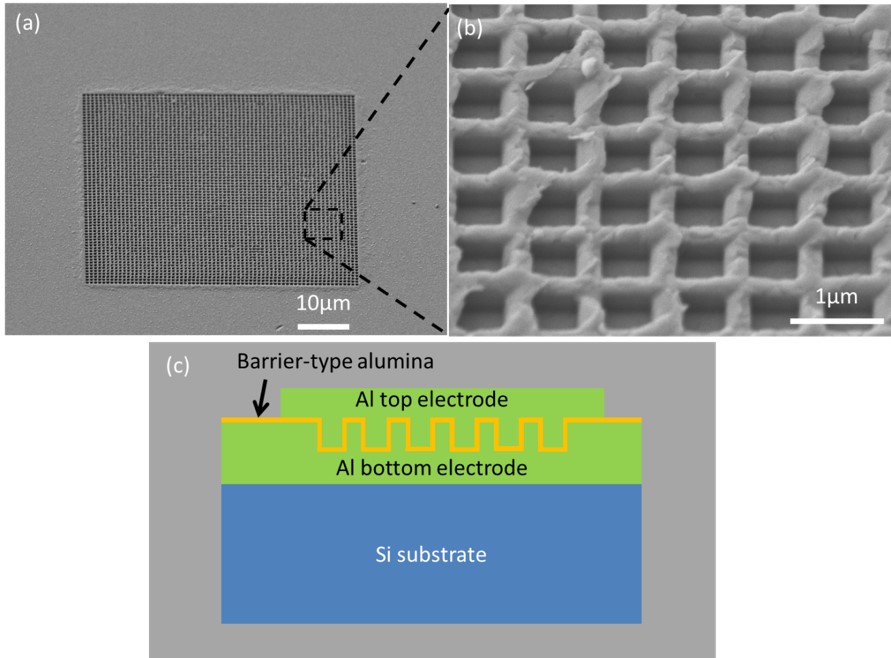
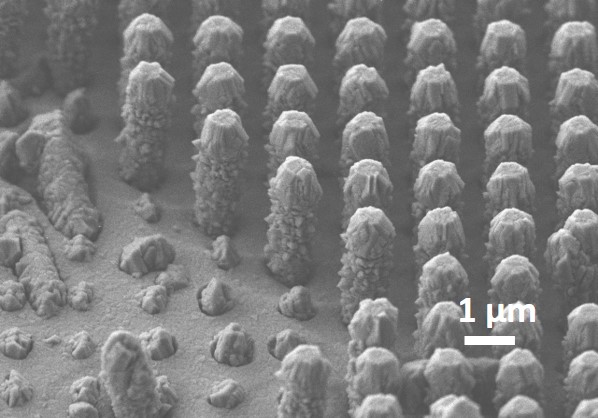
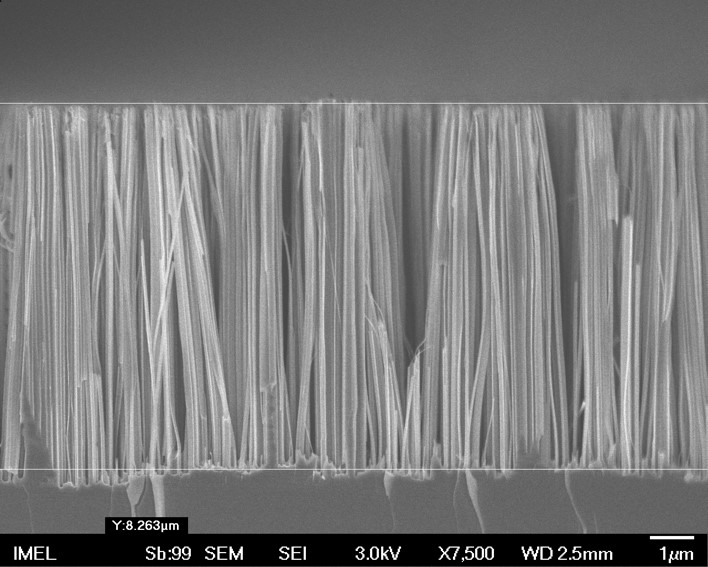
2.b Self-power systems for IoT applications
Internet of Things (IoT) is rapidly changing our daily lives offering a large variety of applications unthinkable some years ago. The possibility of interconnecting sensors, actuators, or any device to the Internet (such as home appliances, smart meter, HVSC, etc) can significantly increase the level of information for our environment, contributing to a better management of resources as well as the decision-making process. However, significant power supply is required to power the million of individual sensors, connected in a Wireless Sensor Network (WSN), while at the same time relying on batteries is not viable solution. Towards that direction our group aims to develop self-powered systems suitable for IoT application by combining low power sensors with energy harvesting techniques, based mainly in mechanical and thermal energy scavenging.
